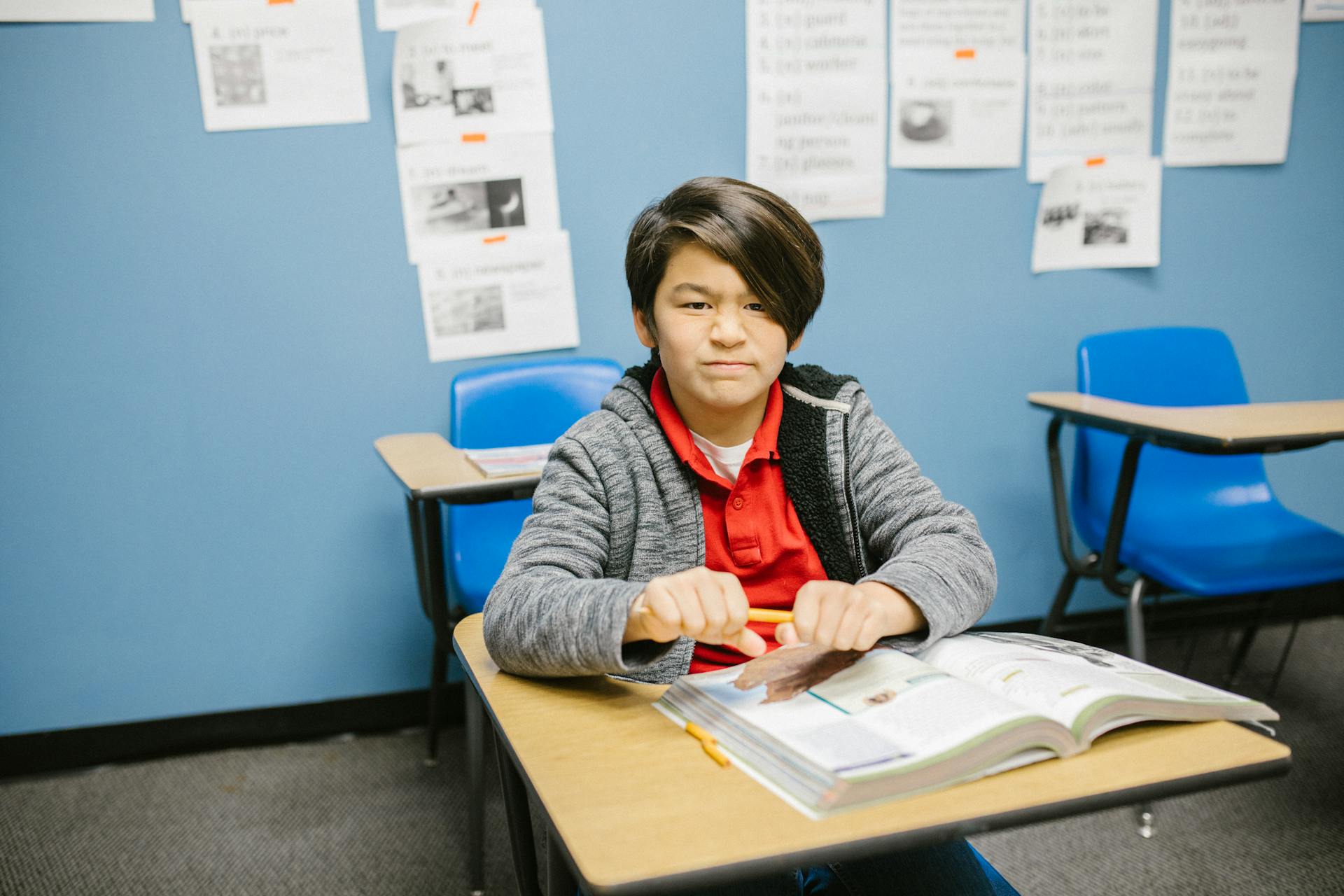
07 Sep Belive in Yourself
We’ve all heard it before: “Just believe in yourself!” It can sound like a well-meaning but empty platitude, especially when you’re staring down a difficult exam or a complex math problem. What does it actually mean? And more importantly, how does it directly impact your grades?
At CIC Learn, we see firsthand that academic success isn't just about memorizing formulas or grammar rules. It’s built on a foundation of self-belief. This isn't fluffy, motivational talk—it's a critical component of how students learn, perform, and persevere.
The Science Behind the Struggle
When you don’t believe you can succeed, your brain agrees with you. This triggers a stress response, shutting down the prefrontal cortex—the part of your brain responsible for problem-solving and critical thinking. Essentially, self-doubt literally blocks your ability to think clearly.
Conversely, when you approach a challenge with confidence, your brain remains open and receptive. You’re more likely to:
- Try new strategies instead of giving up.
- Learn from mistakes instead of being crushed by them.
- Ask questions without fear of looking “dumb.”
- Perform better under pressure during tests.
How to Build Academic Self-Confidence (It’s a Practice)
The good news? Believing in yourself isn’t a fixed trait you’re either born with or not. It’s a muscle you can strengthen. Here’s how:
1. Reframe Your Inner Dialogue
Pay attention to what you tell yourself. Swap “I’m terrible at math” with “I haven’t mastered this math concept yet.” This simple shift acknowledges that ability isn’t fixed and that growth is possible.
2. Celebrate Micro-Wins
Did you finally understand a tricky paragraph? Score two points higher on a quiz? These are victories! Acknowledging small successes trains your brain to associate effort with achievement, building momentum toward bigger goals.
3. Prepare Thoroughly
Confidence isn’t about blind faith; it’s earned through preparation. The more you practice and review, the more evidence you have that you are capable. This is where effective studying and tutoring provide a huge boost—they give you the tools and proof you need to trust yourself.
4. Embrace the Power of “Yet”
Struggling with a concept doesn’t mean you’re bad at it. It just means you haven’t mastered it yet. This one word creates a pathway to the future where understanding is possible, transforming a dead-end into a detour.
How Our Tutors Build Belief, Not Just Skills
This is where our role extends beyond teaching subjects. Our tutors are mentors who:
- Create a safe space to make mistakes and ask questions without judgment.
- Identify and celebrate progress, no matter how small.
- Provide specific praise that focuses on effort and strategy (“Your method for solving that problem was brilliant!”) rather than just innate intelligence.
- Break down overwhelming goals into manageable, achievable steps.
The Bottom Line
Believing in yourself is the engine that drives all the knowledge and techniques you learn. It turns anxiety into action and challenges into opportunities for growth.
Your belief is the most important tool in your backpack. We’re here to help you sharpen it.

No Comments